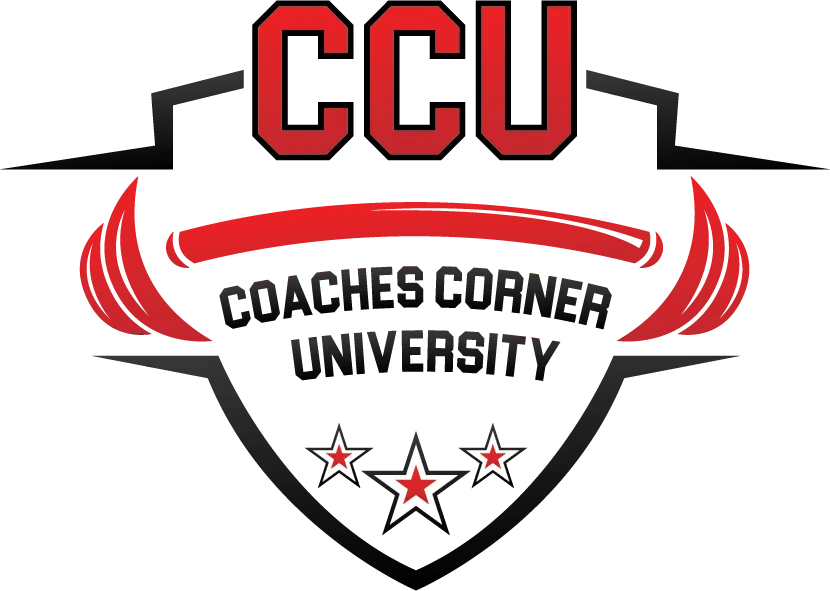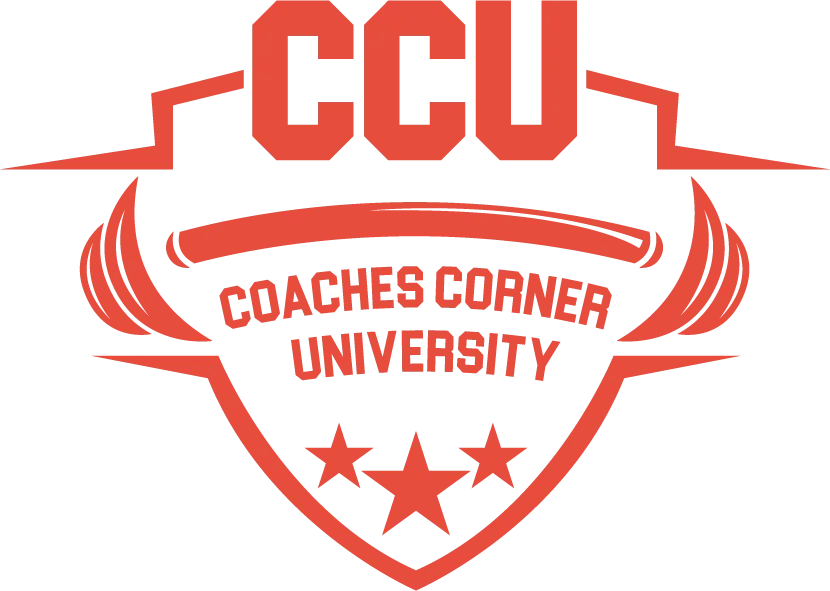Discover The Latest Blogs
Stay updated with Our Informative Blog Posts

Beyond Social Media: The Psychology of Sustainable Client Relationships
Beyond Social Media: The Psychology of Sustainable Client Relationships
The Nurture Sequence: Why Direct Social Media Conversion Is Killing Your Client Quality
I need to address something I see consistently damaging coaching businesses: the rush to convert social media followers directly into paying clients. This approach represents one of the most costly mistakes in client acquisition—one that systematically produces lower retention rates, diminished results, and reduced customer lifetime value.
Here's what I observe: newer coaches create content, build some social media traction, then immediately try to sell coaching packages. The logic seems sound—why wouldn't you capitalize on attention when you have it? The problem lies in what this approach fundamentally misses about human psychology and relationship development.
The coaches I work with who build sustainable, profitable practices understand something critical: people must know you, like you, and trust you before investing in transformational coaching relationships. More importantly, they need to be educated about what they're buying and prepared for the relationship you intend to provide.
The Missing Attraction Phase
The framework I've observed working consistently follows what I call the Ascending Transaction Model. It operates through three distinct phases: Attention, Attraction, and Accessibility. Most coaches nail the Attention phase through social media content. They understand the Accessibility phase—their core coaching offerings. But they systematically skip the Attraction phase, and this omission costs them dearly.
The Attraction phase represents the structured nurturing sequence that transforms casual social media observers into educated prospects. This intermediate step serves multiple functions: it demonstrates consistent value delivery, establishes communication patterns, and allows for educational progression that prepares prospects for your specific coaching methodology.
Think about this from a psychological standpoint. When someone follows you on Instagram and sees a few posts, they have minimal investment in your success. When they've consumed your email nurturing sequence, downloaded your resources, and spent hours learning your approach, they've made multiple micro-commitments that create genuine psychological investment in the relationship.
I call this "informed dependency"—the prospect understands your theoretical framework but recognizes the practical necessity of professional implementation support.
The Implementation Architecture
The mechanism here involves what I term strategic micro-commitments. These are exchanges where prospects provide contact information in return for substantial value delivery through email-based nurturing sequences. The key principle: solve immediate problems while maintaining dependency on coaching implementation.
In my experience, the most effective micro-commitments include comprehensive nutrition guides, sample training protocols, or habit formation resources. These materials provide genuine value while highlighting the complexity of independent implementation. The prospect walks away with actionable information but clearly understands why professional guidance remains necessary.
The critical insight involves recognizing the transition from social media platforms to controlled communication environments. Social media algorithms create unreliable attention patterns and provide minimal opportunity for systematic education. Email-based nurturing sequences allow for consistent message delivery, progressive education, and relationship development unconstrained by platform limitations.
The Evidence Pattern
Our highest-performing client relationships consistently demonstrate a specific pattern: they've progressed through this complete nurturing sequence before monetary investment. These clients show markedly higher retention rates, superior result achievement, and increased lifetime value compared to direct social media conversions.
This isn't theoretical—I can track the data. Clients who consume our email sequences, download our resources, and engage with our educational content before purchasing coaching demonstrate approximately 40% higher retention rates and report significantly better satisfaction with the coaching relationship.
The fundamental shift in thinking involves viewing client acquisition as relationship architecture rather than transaction optimization. The time invested in prospect education and relationship development creates exponentially superior client experiences and business outcomes.
When you rush the process, you get clients who don't understand your methodology, have unrealistic expectations, and lack the psychological commitment necessary for sustainable behaviour change. When you invest in the nurturing sequence, you develop clients who arrive prepared, committed, and aligned with your coaching philosophy.
This framework transforms your coaching practice from a volume-based transaction model into a relationship-based consultation model, which is exactly where the sustainable money and fulfillment exist in this industry.
The systematic implementation of this nurturing architecture requires strategic planning and technical execution that extends beyond surface-level tactics. If you're interested in building this framework for your coaching business, the strategic depth involved merits professional guidance.
Keep Raising the Bar,
Paul Oneid MS, MS, CSCS

Coaches Corner PhD




